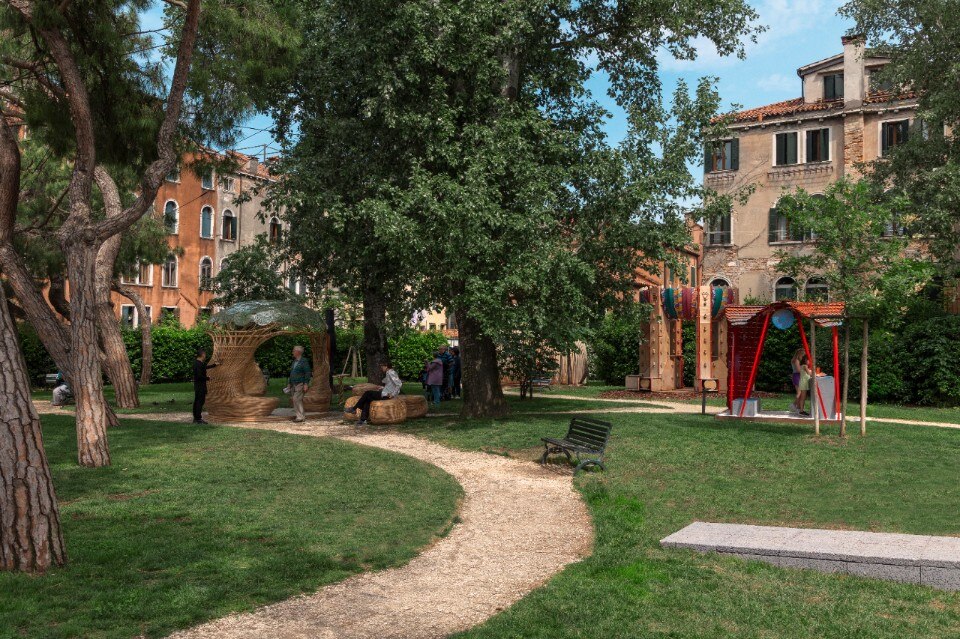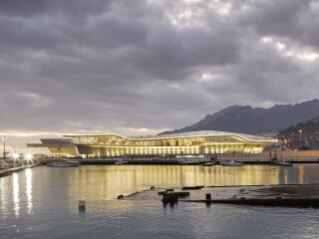Since 1995, with the Caracas Urban Think Tank (CCSTT), Alfredo Brillembourg and Hubert Klumpner have been operating a city-planning research project in the Venezuelan capital, Caracas. Using interdisciplinary research techniques and involving international Fellows, it investigates the informal growth of South American cities. The aim is to seek solutions beyond the traditional systems of organisation, which have never been applied here and are no longer applicable.
This half-formal, half-informal approach is thus clearly not looking for ideal conditions. Indeed, often it does not look for conditions at all, but simply for requirements, and for possibilities of integrating these interventions, while at the same time resisting them by improving the situation. Alongside the architectural results of this involvement, for example St. Mary’s church or the Vertical Gym, which is currently under construction and has just been awarded the ideas 2005 prize, their great service lies in having made the Barrios a topic of discussion both regionally and in this case also internationally, a topic requiring awareness, research and strategies.
“Informalisation as we define it in our writings is not a call against planning. Quite the opposite. Caracas has been over-planned and over-regulated. The reality is that the master plans were based on paradigms that have simply failed to address the problems they set out to solve. We believe it is necessary to re-evaluate the basic paradigms of urban life and simply adjust them to the reality of the city we live in. If you look for a moment at the informal city without falling into the clichés of crime, lack of services, etc., you find a destination with a high degree of structures that are underrepresented or as yet unrecognised (social relations, self-expression, infinite numbers of experiments and appropriations that are unheard of in any other part of town),” says Hubert Klumpner.
The considerations and results of this project can be exemplary for numerous cities in South America and increasingly also in Southeast Europe. We must start to look at the topic of the city in a different way. Alfredo Brillembourg, Hubert Klumpner and all the other members of the Caracas Urban Think Tank have already done so in considerable detail.
http://www.u-tt.com

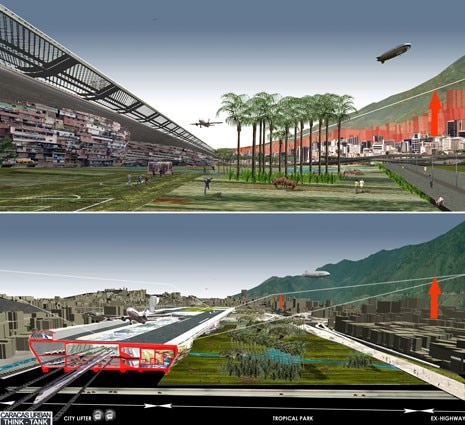

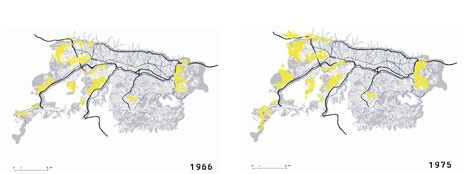
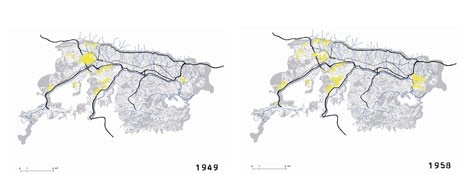




Do you know how a food disposer works?
60% of American kitchens have one, and food waste disposers are becoming increasingly popular in Italy as well. But what exactly are they, and how do they work?



